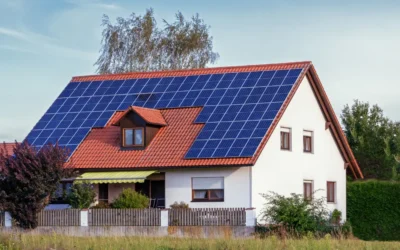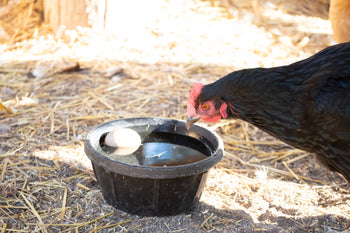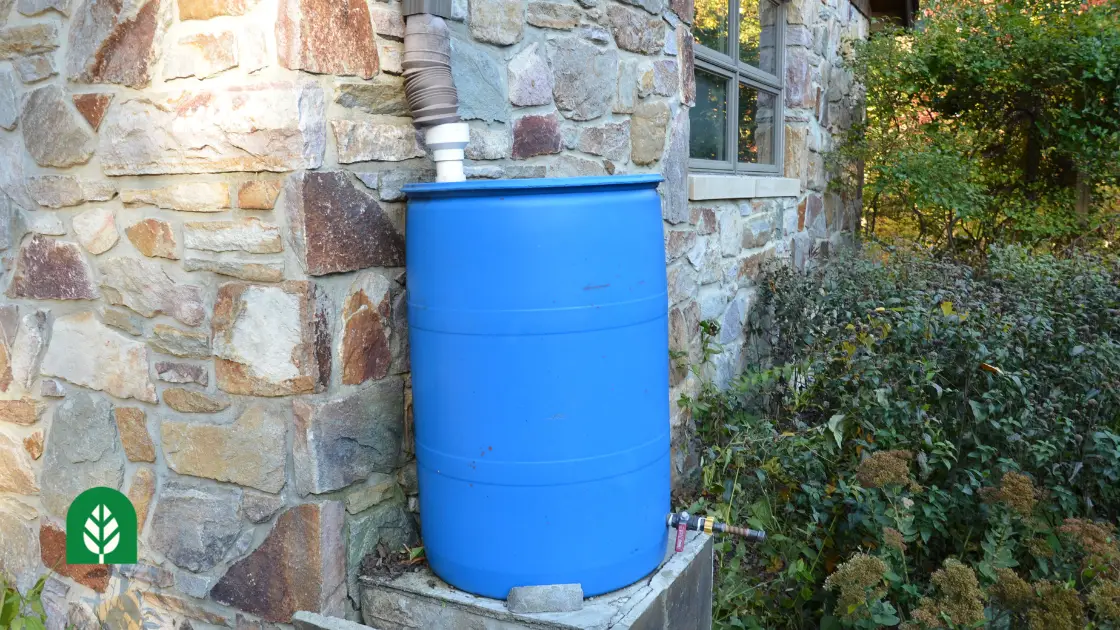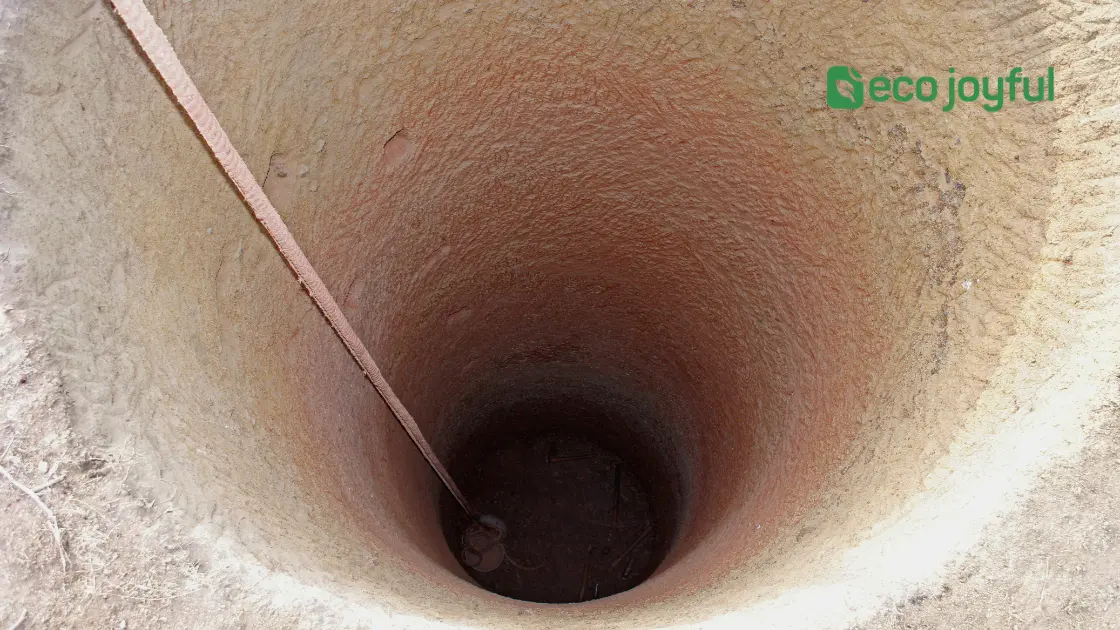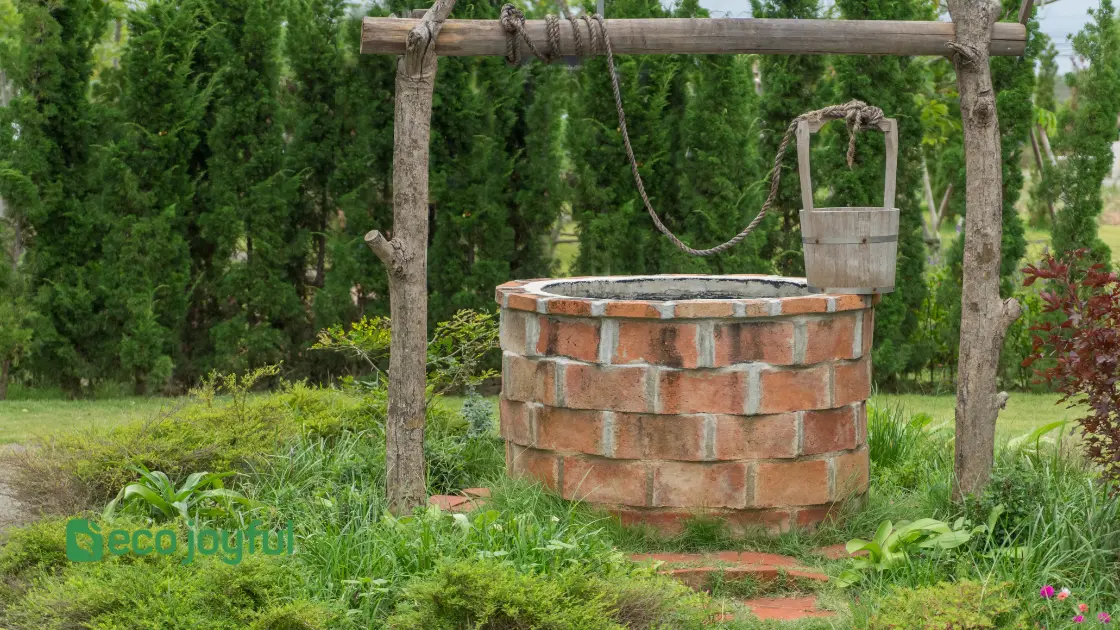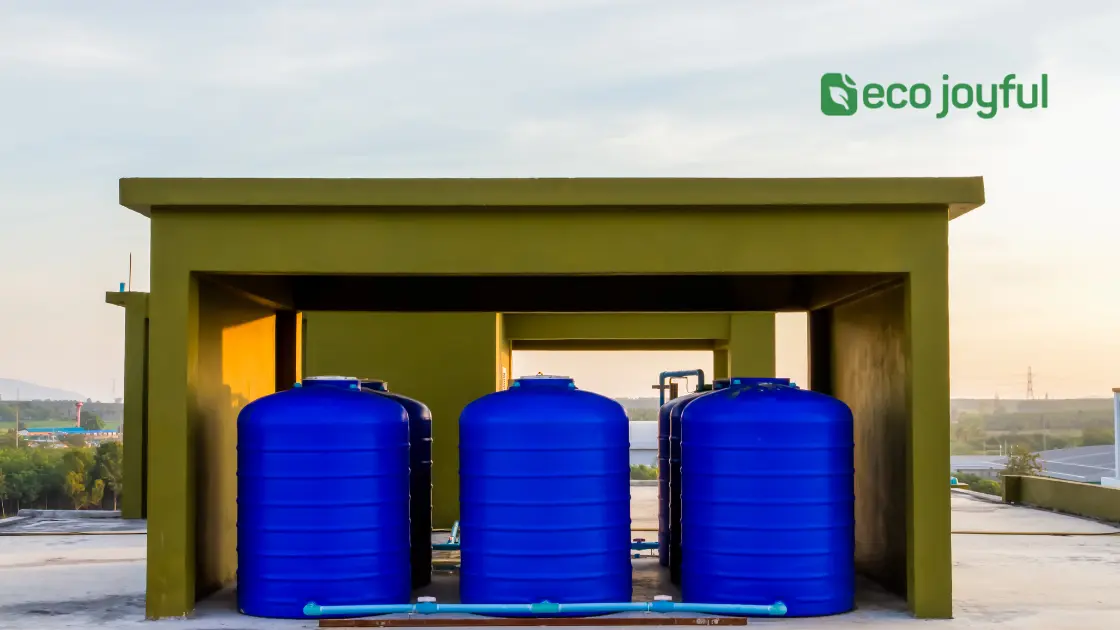To keep chicken water from freezing, consider using a heated waterer, adding warm water, using insulation, using a heated base, adding electrolytes to the water, or using a heated hose. These methods can help ensure your chickens have access to water even in freezing temperatures.
For those who live in areas with cold winters, one of the most challenging aspects of raising chickens is ensuring they always have access to clean, unfrozen water. Without water, chickens can suffer from dehydration, which can lead to a range of health problems.
Fortunately, there are several ways to keep chicken water from freezing, including using a heated waterer, adding warm water, using insulation, using a heated base, adding electrolytes to the water, or using a heated hose. This article will explore each of these methods in more detail, explaining how they work and what you need to do to implement them.
Insulate Your Waterer
Keep chicken water from freezing by insulating your waterer. This is one of the most effective ways to ensure your chickens have access to water even in the winter season.
Keeping your chickens hydrated during winter can be a challenge. The low temperature can cause the water to freeze, which can lead to dehydration or even death in extreme cases. One way to combat this issue is by insulating your chicken waterer. Here are three effective ways to do so:
Use Styrofoam
Styrofoam is a great insulator and can keep the water in your chicken waterer from freezing. Cut a piece of Styrofoam and wrap it around your waterer, making sure to cover all sides. You can also use a Styrofoam ice chest and place your waterer inside. Additionally, you can place a Styrofoam sheet on top of the waterer to prevent heat loss.
Line It With Cardboard
Cardboard is another great insulator that can keep your waterer from freezing. Cut a piece of cardboard and wrap it around the waterer, then tape it in place. Be sure to cover all sides and the bottom of the waterer. Cardboard can also be used to line the inside of an existing container, such as a plastic bucket, to provide additional insulation.
Repurpose A Cooler
If you have an old cooler lying around, you can repurpose it to keep your chicken waterer from freezing. Simply place your waterer inside the cooler and close the lid. The insulation of the cooler will keep the water from freezing, even in extreme temperatures. You can also place a heating pad inside the cooler for additional warmth.
Other ways of insulating your chicken waterer include wrapping it in a towel or blanket or placing it in a heated room. By taking these steps, you can ensure your chickens always have access to clean water, even in the coldest of weather.

Credit: grubblyfarms.com
Install A Water Heater
When it comes to taking care of backyard chickens, one of the biggest challenges during the winter months is making sure their water doesn’t freeze. Lack of water can impact their egg-laying ability and overall health. Therefore, it’s essential to keep their water from freezing. There are several ways to do this, and one of the most effective ways is by installing a water heater. Below we will discuss this method in detail, along with some other ways to keep your chicken’s water from freezing.
Table of Contents
Use Bucket Heaters
One way to prevent your chicken’s water from freezing is by using bucket heaters. These heaters are designed to keep water from freezing in buckets, making them perfect for use in chicken coops. Simply place the heater in the water bucket, and it will keep the water warm enough to prevent freezing. Bucket heaters are relatively inexpensive and can be found at most farm stores or online retailers. It’s essential to follow the manufacturer’s instructions and safety guidelines when using a bucket heater.
Consider A Submersible Aquarium Heater
Another option to keep your chicken’s water from freezing is by using a submersible aquarium heater. These heaters are designed to be submerged in water and maintain a consistent temperature. You can use them in a large water container or a chicken waterer. Submersible aquarium heaters are easy to install and can be found at most pet stores. They come in various sizes and wattages, so make sure to choose the right one for your chicken’s water container.
Installing a water heater is one of the most effective ways to keep your chicken’s water from freezing during the winter months. You can install an electric or propane heater directly into the water container. Water heaters provide a continuous source of warm water and are a great option for those who have a large number of chickens. However, they require some electrical or plumbing knowledge, so it’s best to consult with a professional if you’re not confident in your DIY skills.
Use Insulated Water Containers
Using insulated water containers can also help prevent your chicken’s water from freezing. These containers are designed to keep the water from freezing by maintaining a consistent temperature. They come in various sizes and styles, and most are easy to clean and refill. When using insulated water containers, it’s important to check them regularly to ensure that the water hasn’t frozen.
Keep Water Containers In A Sheltered Area
Another way to keep your chicken’s water from freezing is by keeping the water containers in a sheltered area. This can be done by placing them in a barn or coop or using a windbreak to protect them from the elements. Placing water containers in a sheltered area can help prevent the water from freezing, but it’s still essential to check them regularly and ensure they’re not empty or frozen.
Provide Fresh Water Several Times A Day
Finally, providing fresh water several times a day can also help prevent your chicken’s water from freezing. By providing fresh water, you can ensure that there’s always some water available for your chickens to drink. It’s essential to check the water containers frequently and replace them with fresh water as needed.
In conclusion, keeping your chicken’s water from freezing is essential to keeping them healthy and happy during the winter months. Installing a water heater is one effective way to accomplish this, and there are also several other methods to consider, such as bucket heaters and insulated water containers. By taking the necessary precautions, you can ensure that your chickens have access to fresh water all winter long.
Add Warm Water To The Tank
During winters, keeping the chicken water from freezing is a daunting task. Chickens need constant access to fresh water, and if the water freezes, they could become dehydrated. One of the easiest solutions to keep chicken water from freezing is by adding warm water to the tank. Here are some tips on how to do it right.
Fill It Up With Warm Water
The simplest way to keep your chicken’s water from freezing is by filling the tank with warm water. Fill the water tank with warm water, and the added warmth will delay the water’s freezing. This method might not be effective in severe cold weather, but it will still prevent the water from freezing overnight.
Heat And Pour
If you don’t have warm water, you can always heat it up. Heat water in a kettle, stove, or microwave, then carefully pour the warm water into the chicken’s water tank. Be cautious not to burn yourself or your chickens while pouring hot water.
Make Use Of Solar Energy
If you have a solar water heater, then you can take advantage of it to prevent chicken water from freezing. Place the water tank in a sunny spot where it can absorb solar energy and heat throughout the day. The solar energy will keep the water warm enough to prevent freezing.
Invest In A Heated Water Bowl
If you don’t want to fuss about keeping the water tank warm manually, invest in a heated water bowl. A heated water bowl has a built-in heating element that keeps the water above the freezing point, ensuring that your chickens have access to fresh and warm water throughout winter.
Use A Heater Base
Another option for keeping chicken water from freezing is by using a heater base. A heater base sits underneath the water tank and provides constant warmth. The heater base usually is enclosed in a metal container, which prevents water from coming in contact with the heating element. This option works best for chicken coops with electrical outlets.
Install A Heated Waterer
If you don’t have electricity in your chicken coop, then install a heated waterer that doesn’t require electricity. Heated waterers work on the principle of storing heat and slowly releasing it into the water tank. They usually have double-walled construction that keeps the water insulated from the cold and delays freezing.
Keeping chicken water from freezing is possible by adding warm water to the tank, using solar energy, investing in a heated water bowl, heater base, or installing a heated waterer. Choose the option that suits you best and ensure your chicken’s water remains unfrozen during winter.
Replace Your Tank
Replacing your tank is one of the best ways to ensure that chicken water doesn’t freeze during winter. A traditional water tank may retain cold temperatures during the winter months, causing the water to freeze. This situation can prevent your chickens from getting enough water and could be fatal in worse cases. In this post, you will find some helpful tips on how to replace your tank and keep your chickens healthy.
Opt For Double Wall Fountains
One of the most significant advancements in chicken water technology is a double-wall fountain. These fountains have two layers of plastic and an air gap between them that effectively insulates water from the external cold temperature. They are one of the most reliable ways of keeping water from getting too cold and freezing.
Try Rubber Buckets
Rubber buckets are another viable option to replace your tank. They are cheap, easy to move and can be purchased in varying sizes at a store near you. Although they don’t provide as much insulation as a double-wall fountain, they still offer enough insulation to keep the water from freezing over. Rubber buckets are ideal for small flocks, and they come in handy in emergency situations when the water tank freezes over.
Keep The Water Flowing
Keeping your chickens well-fed and hydrated during winter can be a challenging task. One of the toughest problems that chicken keepers face is how to keep the water from freezing in the cold weather. Without proper hydration, your chickens can suffer from dehydration, which can lead to various health problems. Therefore, it’s essential to keep the water flowing. Here are six effective ways to ensure your chickens never run out of water even during the coldest days of winter:
Install A Drip Valve
Installing a drip valve is an effective way of keeping the water flowing in your chicken’s waterer. The drip valve works by regulating the flow of water in the waterer, preventing the water from freezing. It also ensures that your chickens have access to fresh water all the time. To install a drip valve, attach it to a water hose and place the waterer beneath it. Ensure that the drip valve is not too close to the waterer to avoid water spilling.
Use A Nipple System
A nipple system is another ingenious way of keeping the water flowing during winter. The nipple system dispenses water through small, stainless steel nipples that release water when your chickens peck at them. The system is designed to keep the water from freezing by keeping it away from the cold weather. You can install a nipple system in a plastic bucket or waterer using a few tools.
Use Insulation Material
Insulating your chicken’s waterer is another effective way of keeping the water from freezing. You can use different insulation materials such as foam, hay, or a heated base. Insulating the waterer not only keeps the water unfrozen but also ensures that your chickens have a steady supply of water throughout the day.
Use A Heated Waterer Base
A heated waterer base is another great way to keep your chicken’s water from freezing. The heated base heats the waterer, keeping the water from freezing, even in extreme cold weather conditions. The base uses electricity, so it’s important to buy a model that has a built-in thermostat to regulate the temperature.
Add Salt To The Water
Adding salt to your chicken’s water can prevent it from freezing. Salt reduces the freezing temperature of water and also helps to keep the water from freezing overnight. Be sure to add the right amount of salt to avoid making the water too salty for your chickens. You can also add a small amount of apple cider vinegar to the saltwater to boost your chickens’ immune system.
Change Water Frequently
Chickens tend to drink a lot of water during winter to keep their body hydrated and warm. Therefore, it’s essential to change the water frequently to ensure that your chickens are drinking clean, fresh water. You can also add nutrients to their water to boost their immune system and promote egg production.
With these six effective ways, you can keep your chicken’s water flowing during winter, ensuring that your chickens are well-fed, hydrated, and healthy.
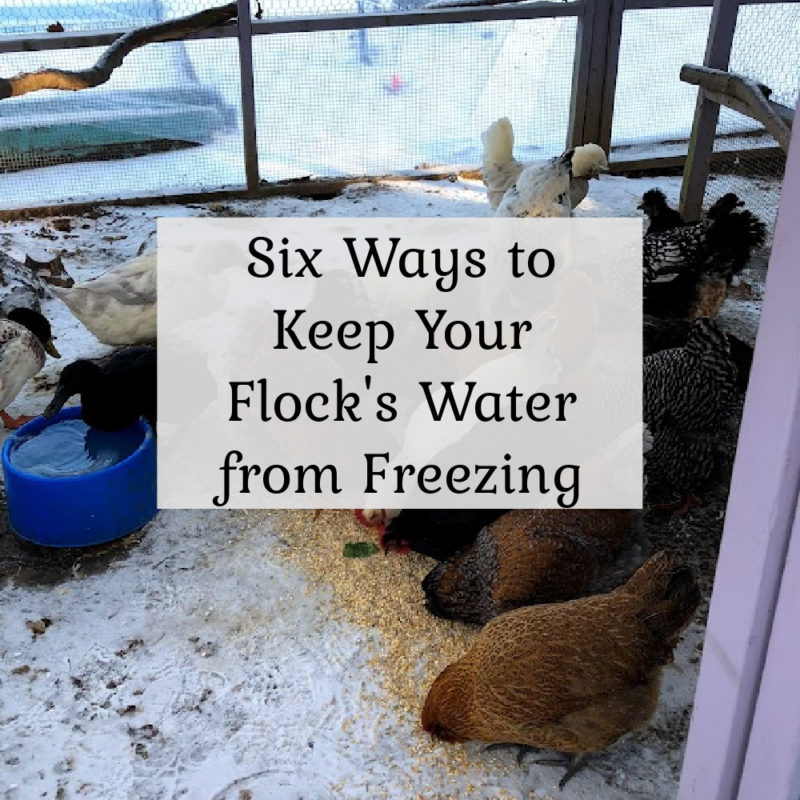
Credit: thecapecoop.com
Heat Things Up With A Lamp
Keep your chicken’s water from freezing by using a lamp to add heat. Place the lamp near the water, insulate the container, use a heated base, add a solar cover, or install a water heater to make sure your chickens have access to unfrozen water in the winter.
Place A Heat Lamp Near The Waterer
When temperatures drop, chicken waterers are prone to freezing. This can be a significant problem as chickens need clean, unfrozen water to stay healthy. Fortunately, adding a heat lamp to your coop can be an effective solution!
To keep chicken water from freezing, place a heat lamp near the waterer. This will provide warmth and prevent the water from freezing. Make sure the lamp is positioned in a safe, away-from-flammable-materials spot and is plug in through a grounded outlet.
Insulate The Waterer With Jackets
Insulating the chicken waterer with jackets is an effective way to prevent water from freezing. You can purchase pre-made waterer jackets or create your own with old clothing or insulation. The jacket will keep the water warmer for longer, preventing it from freezing in cold temperatures.
Use A Heated Base
A heated base is an electric device that warms the water from below, preventing it from freezing. The base is placed on a flat surface and then the waterer is placed on top of it. The heat generated by the base will keep the water from freezing, making it more accessible and convenient for you and your chickens.
Use A Heated Waterer
If you don’t want to go through the hassle of insulating or adding a heat source to your chicken coop, consider investing in a heated waterer. This waterer comes with a heating mechanism that keeps the water from freezing even in the coldest temperatures.
Use Warm Water
If there is a drop in temperature at night, consider filling the waterer with warm water before roosting. Warm water will stay unfrozen for longer, providing a much-needed hydration source.
Keep The Waterer Clean And Dry
Keeping the waterer clean and dry is essential in preventing freezing. If there is any dirt or debris in the waterer, it can lower the freezing temperature. Any moisture in the waterer can also lead to freezing.
Regularly change the water, clean the waterer with a mild detergent and use a towel to dry it. Consistently maintaining cleanliness can go a long way in preventing freezing.
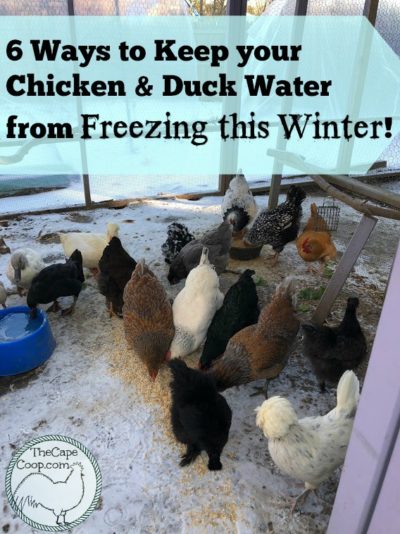
Credit: thecapecoop.com
Conclusion
Ensuring your chickens have access to unfrozen water is crucial for their health and well-being during winter months. By implementing these six methods, such as using heaters, insulation, and keeping water moving, you can prevent water from freezing and keep your chickens happy and hydrated.
Remember to check regularly for ice buildup and replace the water as needed. With these simple tips, you can ensure your chickens have access to fresh water, even during the coldest of winter days.




